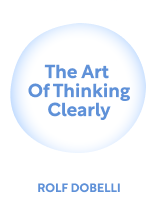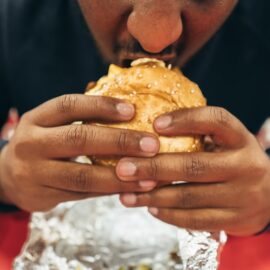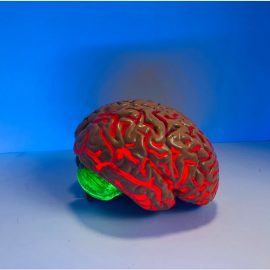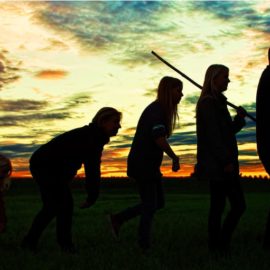

This article is an excerpt from the Shortform book guide to "The Art of Thinking Clearly" by Rolf Dobelli. Shortform has the world's best summaries and analyses of books you should be reading.
Like this article? Sign up for a free trial here .
What is social loafing? Why do people tend to lessen their effort when added to a group?
Social loading is a psychosocial phenomenon whereby individuals put less effort in when they become part of a group. According to Rolf Dobelli, the author of The Art of Thinking Clearly, social loafing is a feature of groups, not a drawback: Early humans formed groups because the responsibility for survival was spread out rather than concentrated on each individual.
Keep reading for the social loafing definition, how it forms, and how to prevent it.
Social Loafing
When added to a group, individuals lessen the effort they exert, both physically and mentally. This allows them to save energy—this is social loafing. Social loafing isn’t an error or bug—it’s simply a characteristic of group behavior.
When a member puts too little effort into the group’s actions, however, they are looked down upon and sometimes expelled from the group. Thus, Dobelli notes, social loafing is a careful balancing act, with each team member putting in enough effort that their slacking isn’t noticed.
While social loafing is a rational behavior on the part of the worker, it’s a problem for employers, Dobelli argues. Social loafing means teams are more willing to take bigger risks than the individuals that compose them. They do sobecause the shared responsibility involved in group membership means they won’t be the sole focus of the blame if things go wrong.
(Shortform note: Interestingly, most definitions of social loafing don’t include the idea that groups make riskier decisions than individuals. This is considered a separate phenomenon called “risky shift.” However, Dobelli’s inclusion of risky shift as an element of social loafing makes sense, as diffused responsibility is the cause of both phenomena.)
The best way to combat social loafing is to make sure that the group can trace everyone’s individual contributions back to them. This increases personal responsibility and requires all the team members to put their full effort forward, Dobelli says. (Shortform note: You can also manipulate in-group bias, discussed above, to avoid this fallacy. When people feel a sense of kinship with their group, they’ll work harder to benefit said group.)
Social Loafing: How It Forms and How to Prevent It
While Dobelli stresses the evolutionary causes of social loafing, there are a couple of other factors that influence it:
1.Your expectations. If you expect your coworkers to lower their effort or feel that your contributions to the group won’t be important, you’ll lower your own effort because you don’t want to work hard by yourself or for something unimportant.
2.How you value the goal. If you’re passionate about the project, you’ll work harder. If you only care about the reward, which will be shared among the group, you’ll work less.
Prevent social loafing by encouraging peer accountability, as Dobelli discusses. By making your group members more aware of when someone isn’t pulling their weight and empowering them to hold that person accountable, social loafing lessens.

———End of Preview———
Like what you just read? Read the rest of the world's best book summary and analysis of Rolf Dobelli's "The Art of Thinking Clearly" at Shortform .
Here's what you'll find in our full The Art of Thinking Clearly summary :
- A detailed look at the most common logical fallacies that inhibit decision-making
- How to recognize and overcome these fallacies to make better decisions
- Why you value things for arbitrary reasons






